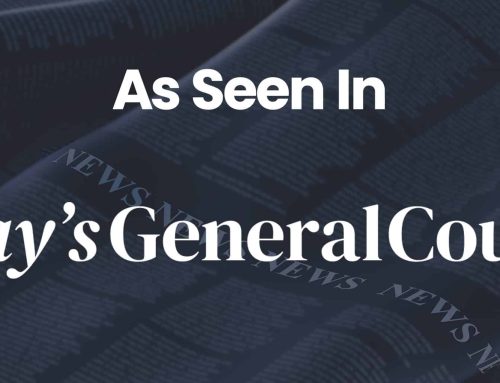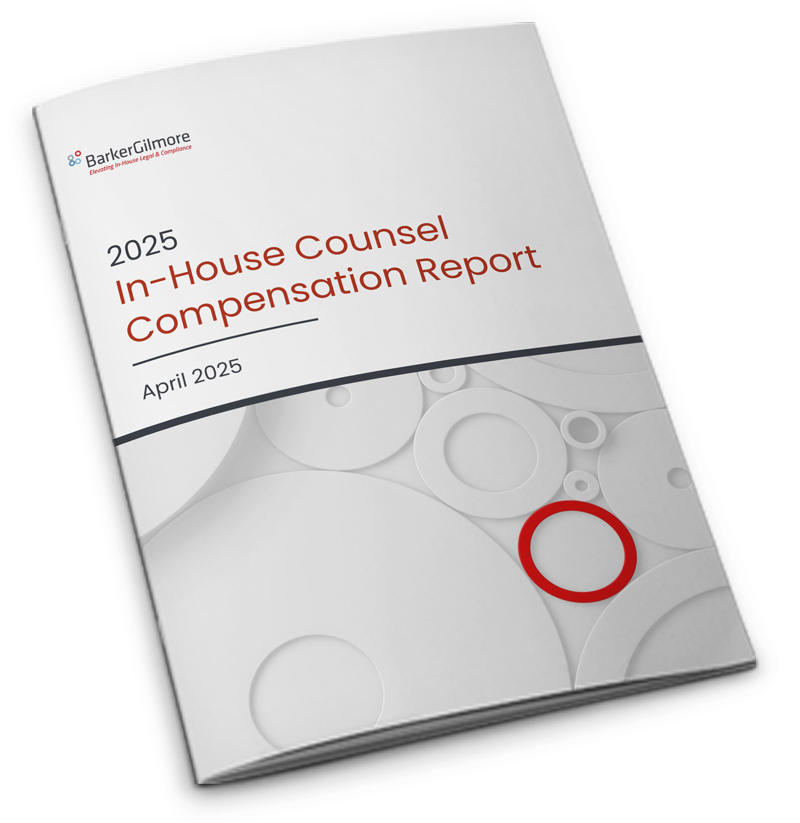A general counsel started years before he left his company.
 After you’ve reached the pinnacle of your law career—becoming a seasoned general counsel—you’re likely coming up on some other milestones in your life. You may be considering what’s next for you, and whether it’s possible to attain the same level of personal and professional fulfillment doing something else.
After you’ve reached the pinnacle of your law career—becoming a seasoned general counsel—you’re likely coming up on some other milestones in your life. You may be considering what’s next for you, and whether it’s possible to attain the same level of personal and professional fulfillment doing something else.
This was a question that former MasterCard GC Noah Hanft considered not long ago after an almost 30-year career with the company. Last year he retired to become CEO of the International Institution of Conflict Prevention and Resolution a month later. CPR, as it’s called, is an independent nonprofit organization that specializes in helping global businesses and their lawyers resolve commercial disputes more cost- effectively and efficiently using alternative dispute resolution.
He had also been thinking about the company he was leaving behind. In fact, he began planning for a post-Hanft law department several years before he even considered leaving.
Recently, Hanft took time away from his busy schedule to talk about the transition and his legacy.
John Gilmore: Your official departure was April 2014. When and how did you have that first conversation with your CEO?
Noah Hanft: My CEO had a very clear understanding of my thinking early on in the process; not the specific date, but generally what I had in mind. I let him know at least two-and-a-half years ago about my interest in alternative dispute resolution and that it was ultimately where I wanted to go.
JG: Given that, how involved were you in helping to find your replacement?
NH: I think the most important thing for a general counsel is to think early on in the process about succession. It’s critical to ensure that you bring on people (and enough people) with the potential for success. I was closely involved all through the last five years in discussions about who the potential successors would be.
But when it gets down to decision time, it is really important that the CEO make the decision. However, the board of directors and the senior management team as a whole also need to be comfortable with that individual, so it’s a collective effort to get to a successor.
JG: What was your relationship with Tim Murphy, who ultimately became your successor?
NH: Tim worked for me a number of years as assistant general counsel, and we worked closely together, including on the IPO that brought MasterCard public. Even in the early days, Tim was someone I quickly realized could take on more because of his combination of intellect, interpersonal skills and maturity. He was promoted quickly and given increasingly broad responsibility in a variety of areas, including leadership positions outside of the law department in the business organization.
JG: Was he going out of his way to take on those projects, or was it you identifying his potential and assigning those projects to him?
NH: I think it was a combination of both. The successful individual will have the drive to not be limited by the job description and show a real hunger to take on more. When you combine the willingness to take a chance with someone and their drive, it leads to a potential win-win.
JG: What kind of relationship do you have with him now?
NH: We do stay in touch. One of the things I suggested to him was that he be sure to make changes in the group and put his identity on the department, and that I’d support him in terms of whatever he decided. I let him know I was there to help anytime he wanted, but I was confident he could make his own decisions.
JG: Thinking about the legacy you left behind at MasterCard, how does that compare with the legacy you hope to leave at CPR?
NH: Like any organization, you want to build it to be as high functioning as possible. I care deeply about the quality of the environment, so that remains equally important where I am. Having a collegial, honest, forthright and supportive environment at CPR is as important to me as it was at MasterCard.
Having people enjoy what they do and work collaboratively is extremely important. I’d like to leave that environment behind when I leave. Probably most important is changing business culture to be oriented toward thoughtful dispute resolution as opposed to a knee-jerk litigation environment. We’re far from getting there, so it may be some time before I move on, because there’s a lot to be done.
***
If there’s one thing Noah Hanft’s career path highlights, it’s the misconception that succession planning should be taking place at the very end of one’s tenure. It should be a natural part of the hiring and mentoring process, and it should be integrated into the general counsel’s job as early as possible.
The advantages are significant and will benefit both the general counsel’s career and the organization’s well-being in multiple ways. When looking for candidates who may eventually inherit the general counsel role, a legal department is not going to look for less than top-tier talent. Hiring the best in their fields, even if they don’t end up becoming GC, inevitably benefits the entire organization.
Managing a law department that consists of the best can help define the general counsel as a true leader within the organization. And a succession plan will not only guarantee the organization’s future well-being, it will also help the general counsel move on without being held up by unresolved issues.
Hanft serves as a great example of this approach; his deep investment in finding and grooming a successor enabled a smooth transition for both.
Here are the takeaways to focus on:
Hire top talent from the beginning: Hiring is a critical function of your role as general counsel, and the quality of the people you hire becomes a reflection of your own success.
Start mentoring potential successors long before your retirement: Succession planning should begin before you start considering your retirement. Identifying and mentoring a successor can be a long process, and you want to make sure your departure will not be too disruptive for the organization.
Ensure broad input and support from the entire team: While the general counsel shoulders a large part of the responsibility of planning for a successor, it’s also essential to seek input from other key stakeholders, including the CEO, CFO, HR and board members.
Benchmark internal candidates against potential external candidates: While finding an internal candidate for the role of general counsel makes economic and logistic sense, you should also periodically review potential external candidates who may be more suitable for the role.
Leave a healthy and well-functioning organization: Finding the right general counsel to replace you will not only contribute to the organization’s future well-being, it will also secure your legacy and help your future career and personal endeavors.
Connect with a legal recruiting advisor
* indicates required fields



